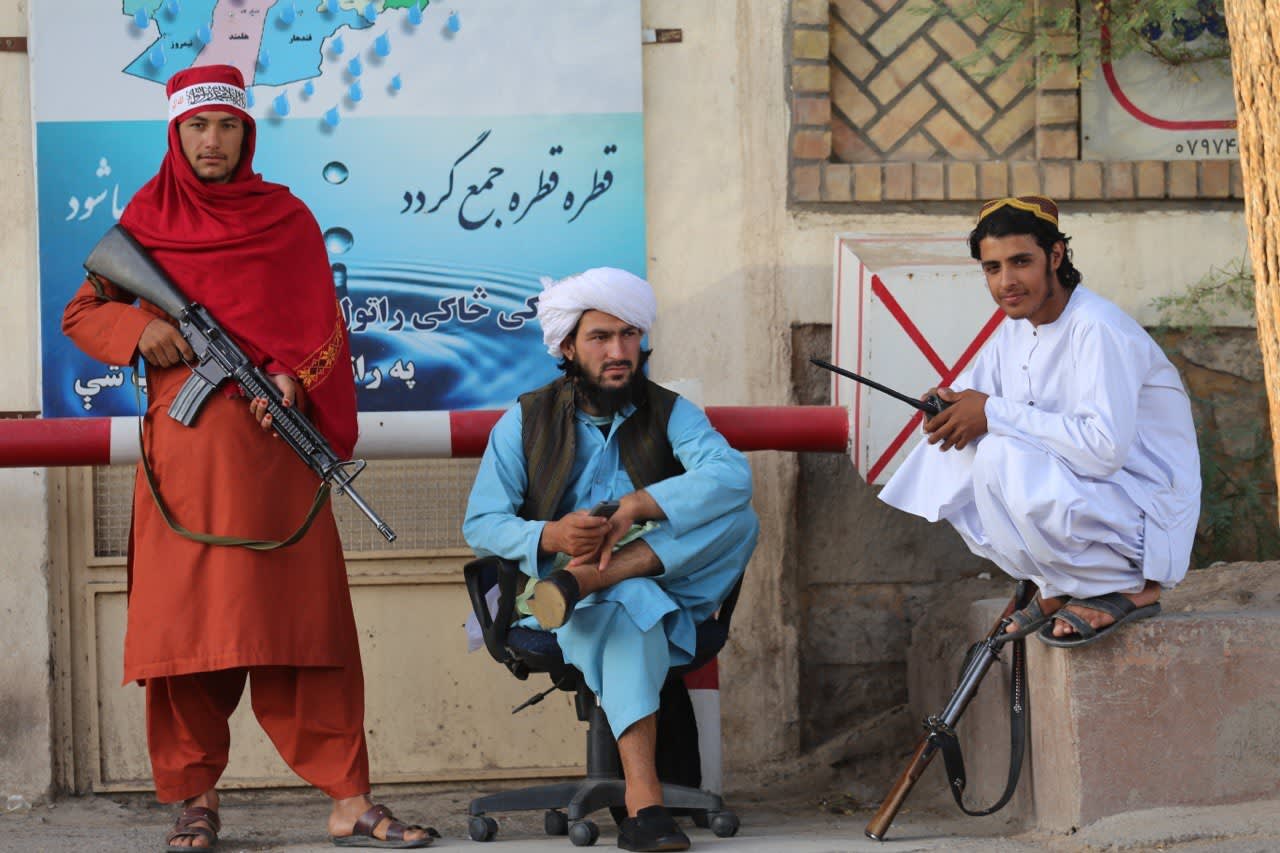
The Taliban’s return to power could once again turn Afghanistan into a haven for terror groups operating in the region, former U.S. national security advisor John Bolton told CNBC.
As the U.S. withdrew its military presence ahead of an Aug. 31 deadline, the Taliban made lightning advances to seize control of more territory — despite being outnumbered by the Afghan military.
President Joe Biden issued an order in April to completely withdraw about 3,000 U.S. troops from Afghanistan by Sept. 11.
Speaking to CNBC’s “Squawk Box Asia” on Thursday, Bolton said the U.S. had gone into Afghanistan in 2001 to oust the Taliban and the “sanctuary they had provided to Al Qaeda.”
“We stayed there for an equally valid strategic reason,” said Bolton, who is widely considered a foreign policy hawk. “Which is to keep Taliban, Al Qaeda and other threatening terrorist groups from regaining a capability, to have a privileged sanctuary from which they could plan and direct attacks against the U.S. and our friends and allies.”
Safe haven for terrorists?
The U.S. should have maintained its military presence in Afghanistan as long as the threat from terror groups remained, said Bolton, who was national security advisor to Donald Trump from April 2018 to September 2019.
What Taliban-controlled Afghanistan provides is potential for a regime that enables terrorist groups — unlike other regimes which try and hunt them down and eliminate them.
John Bolton
former U.S. national security advisor
Biden this week defended his decision to pull out U.S. troops amid mounting criticism of his administration’s handling of the situation, as parts of Kabul descended into chaos following the government’s collapse.
“What Taliban-controlled Afghanistan provides is potential for a regime that enables terrorist groups — unlike other regimes which try and hunt them down and eliminate them,” Bolton said.
“They can now go to Afghanistan under Taliban and expect a more hospitable reception. I think that endangers us all,” he added.
— CNBC’s Amanda Macias and Natasha Turak contributed to this report.




